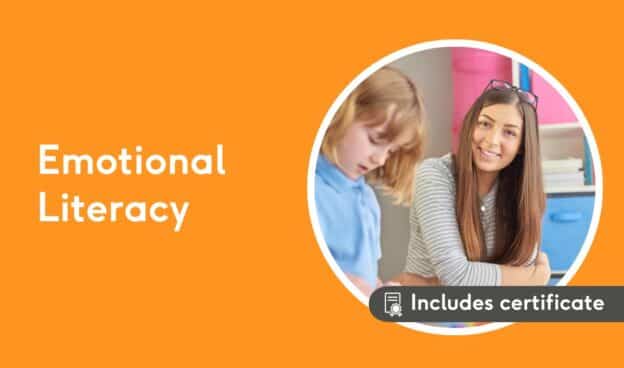Emotional literacy, often overlooked in education, is a fundamental skill for educators that profoundly influences the classroom environment and student outcomes. How children and young people feel has a profound impact on their ability to learn. Their emotions will often dictate their behaviours. We can think of this like an iceberg, which is illustrated in the image below from the PDA Society.

Emotional literacy covers the ability to recognise, understand, and manage emotions in oneself and others, fostering empathy, communication, and relationship-building. For educators, emotional literacy is crucial for creating safe, supportive, and inclusive learning environments where students can thrive academically, socially, and emotionally.
Firstly, emotional literacy equips educators with the tools to effectively address the diverse emotional needs of their students. By understanding and empathising with students’ feelings, educators can better support them through challenges, build trust, and strengthen relationships. This fosters a sense of belonging and connectedness, crucial for student engagement and motivation.
By openly discussing emotions, validating students’ experiences, and teaching strategies for coping with difficult feelings, educators empower students to deal with their emotions constructively, enhancing their overall well-being and resilience.
Emotional literacy enhances classroom management and conflict resolution. Educators proficient in emotional intelligence can effectively de-escalate conflicts, mediate disputes, and promote peaceful resolutions, creating a harmonious learning environment conducive to academic success.
Now take the lesson and quiz to gain your certificate in this area.


